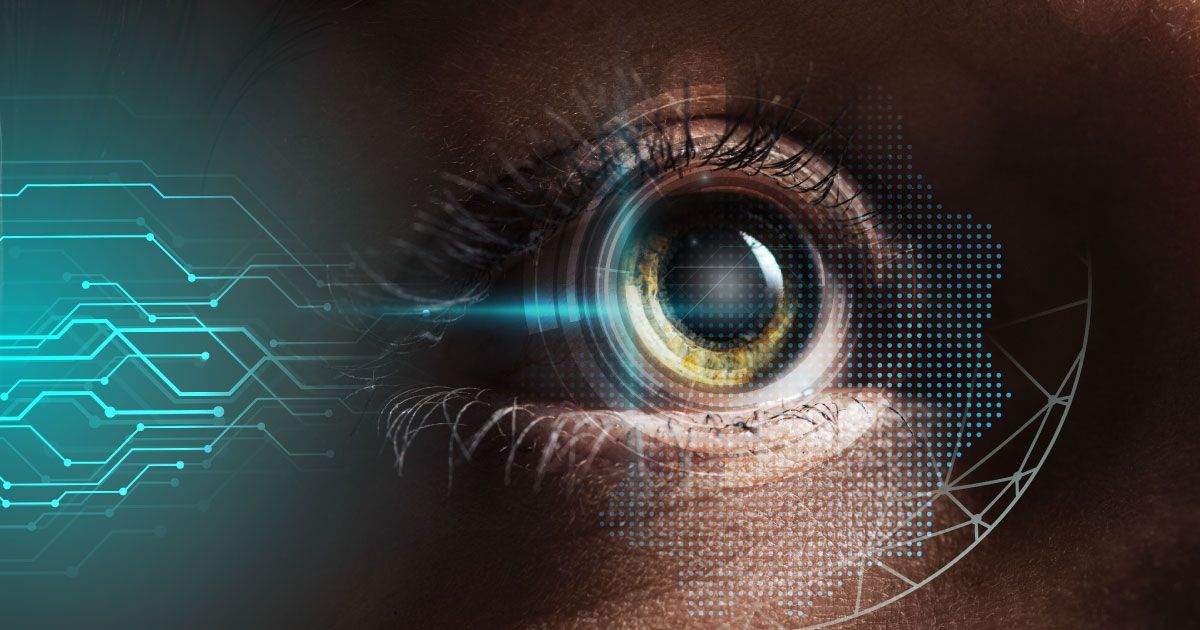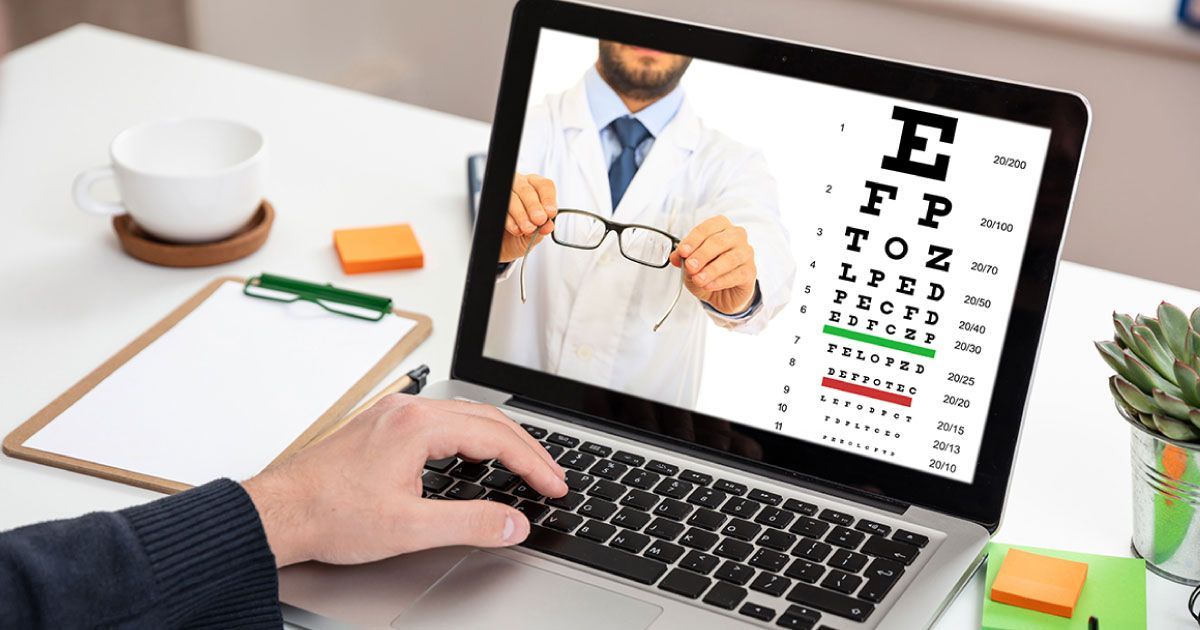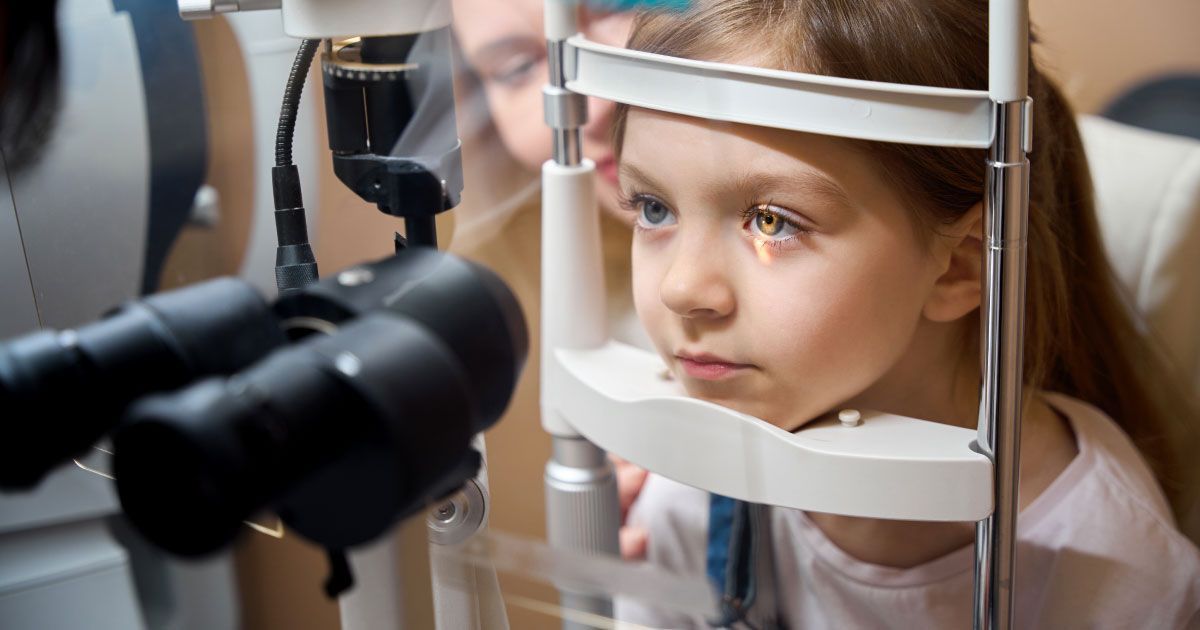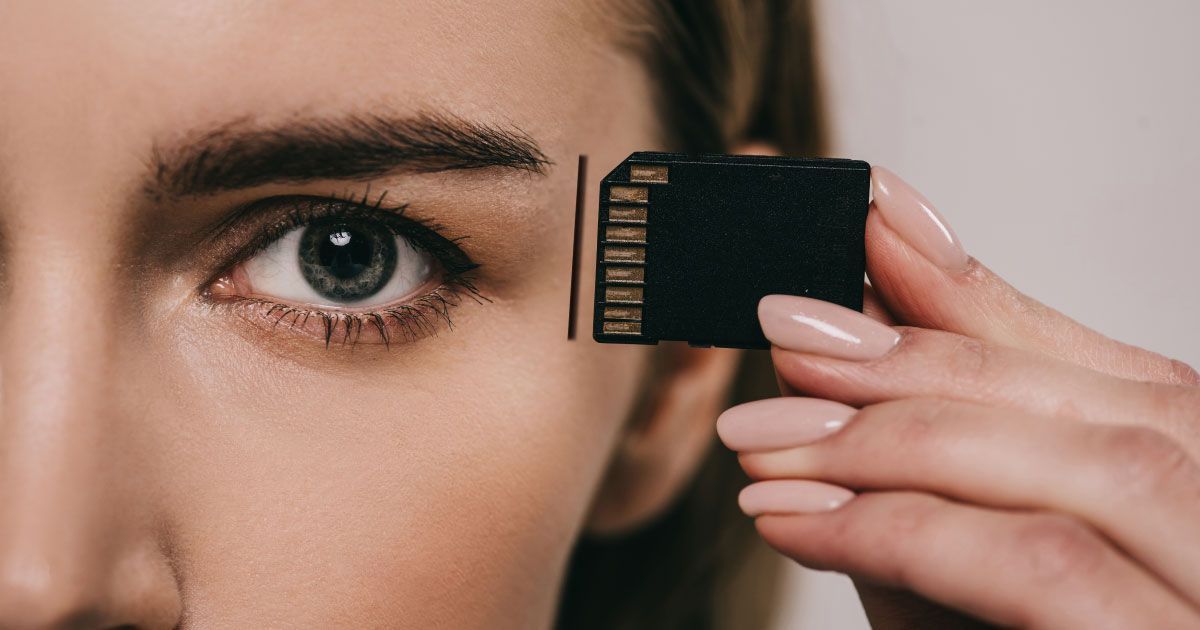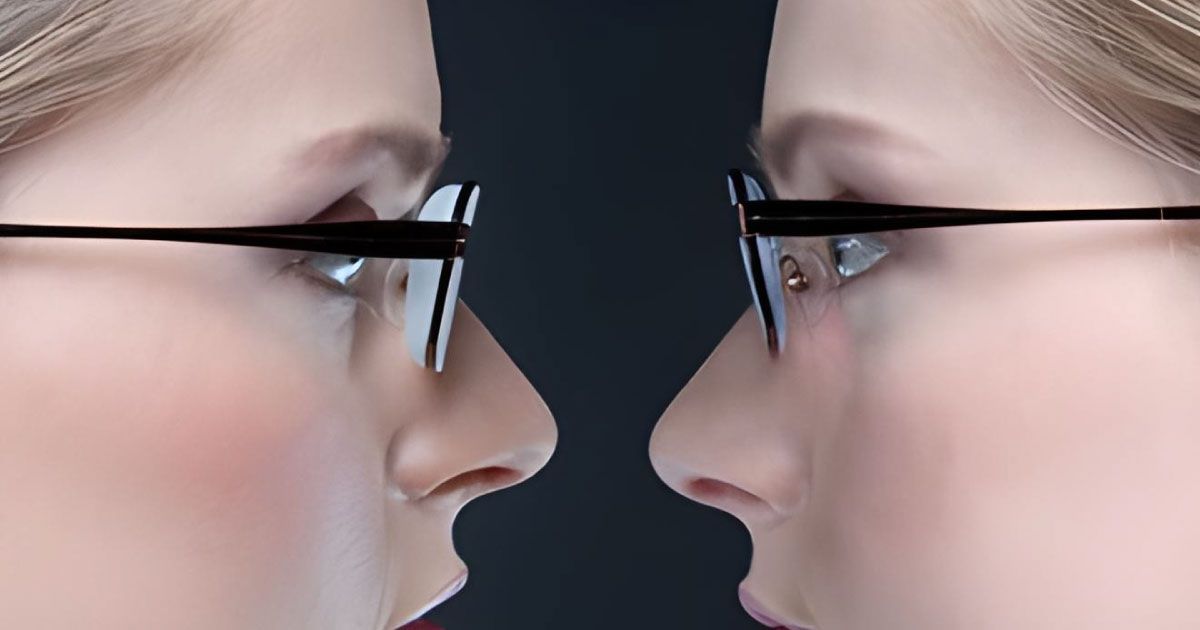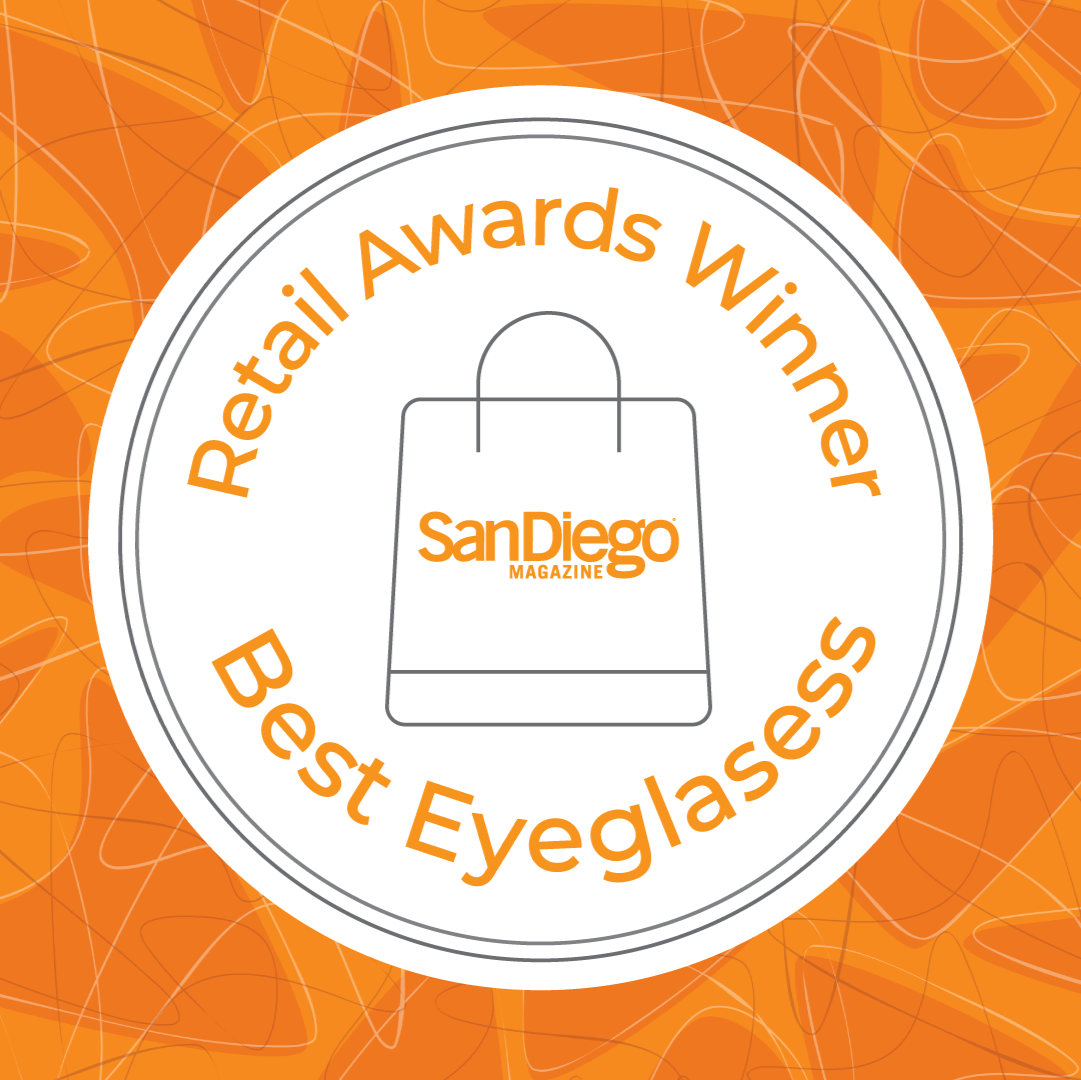See Clearly, Stay Safe: Celebrating Women's Eye Health and Safety Month
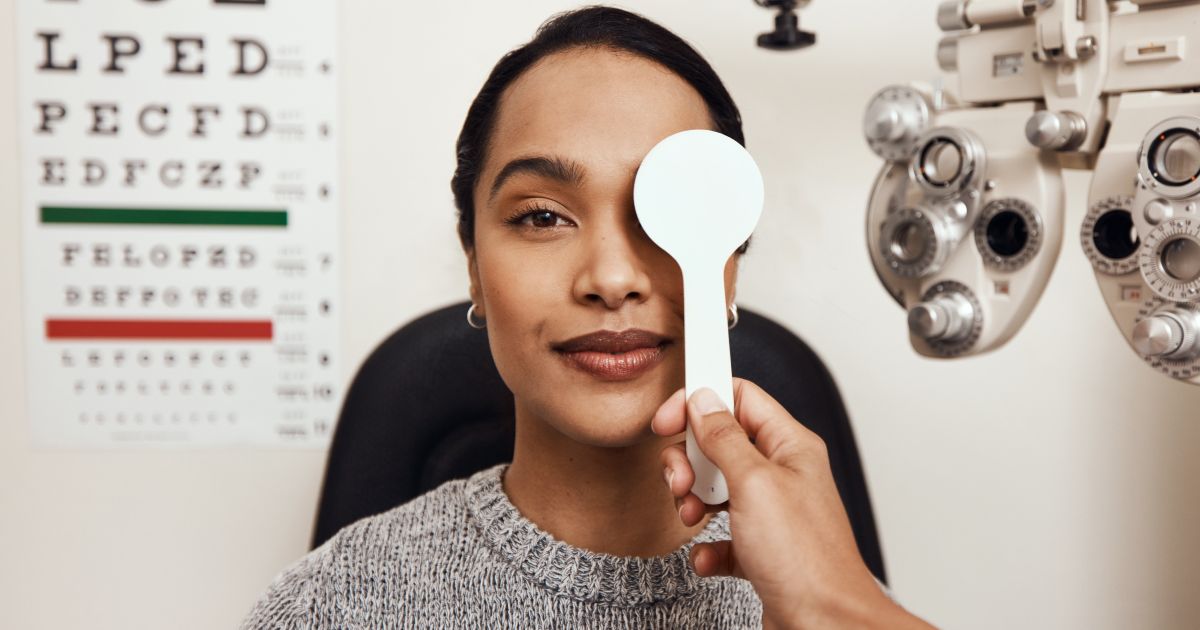
Read time: 5 minutes
Every April, as the world observes Women's Eye Health and Safety Month, we have a vital opportunity to raise awareness and empower women to prioritize their vision and embrace a safe and healthy life. This year, let's delve deeper into the reasons why eye health holds particular significance for women, explore common eye conditions, and discover practical steps to safeguard your vision and well-being.
Understanding the Increased Vulnerability
Several factors contribute to women's higher susceptibility to specific eye conditions compared to men:
- Hormonal fluctuations: The hormonal shifts experienced throughout life, during menstruation, pregnancy, and menopause, can significantly impact eye health. These fluctuations can lead to dry eye syndrome due to decreased tear production and increase the risk of conditions like diabetic retinopathy and glaucoma.
- Lifespan differences: Women tend to live longer than men, exposing them to age-related eye diseases like cataracts, macular degeneration, and glaucoma for a longer duration.
- Autoimmune diseases: Women are more likely to develop autoimmune diseases like lupus and rheumatoid arthritis, which can also affect the eyes and vision.
- Nutritional deficiencies: Iron deficiency, more prevalent among women, can contribute to vision problems.
Common Eye Conditions Affecting Women
Being familiar with the most common eye conditions impacting women allows for early detection and intervention:
- Dry Eye Syndrome: This condition, characterized by irritation, burning, and blurry vision, affects women more frequently, especially during hormonal changes.
- Age-Related Macular Degeneration (AMD): AMD is a leading cause of vision loss in women over 50, causing central vision deterioration and impacting everyday activities like reading and recognizing faces.
- Diabetic Retinopathy: Women with diabetes are at a higher risk of developing this complication, which damages the blood vessels in the retina and can lead to vision loss if left untreated.
- Glaucoma: This condition, characterized by increased pressure in the eye, can damage the optic nerve and lead to vision loss. Early detection and treatment are crucial to prevent irreversible damage.
- Cataracts: Clouding of the lens, often associated with aging, affects a significant portion of women, impacting their vision and reducing clarity.
Empowering Yourself Through Proactive Measures
Taking proactive steps to safeguard your vision throughout your life is crucial. Here are some key practices to adopt:
- Schedule regular eye exams: Consulting your ophthalmologist for yearly examinations (or as recommended) allows for early detection and treatment of potential eye conditions, preventing complications and preserving optimal vision.
- Embrace a balanced diet: Nourish your body with a balanced diet rich in fruits, vegetables, and whole grains. These foods provide essential nutrients for eye health, including vitamins A, C, and E, lutein, and zeaxanthin, all contributing to healthy vision.
- Manage chronic health conditions: If you have conditions like diabetes, hypertension, or autoimmune diseases, actively managing them with your healthcare provider plays a vital role in minimizing their impact on your eyes and overall health.
- Protect your eyes from harmful UV rays: Wearing sunglasses with UVA and UVB protection is essential to shield your eyes from the sun's harmful rays, which can contribute to cataracts and macular degeneration.
- Maintain a healthy lifestyle: Regular exercise, managing stress levels, and getting adequate sleep all contribute significantly to your overall well-being, including your eye health.
Be aware of your family history: Certain eye conditions, like glaucoma, can be hereditary. Discussing your family history with your doctor can help assess your risk factors and enable early detection if needed.
Safety Considerations for Women
Beyond general eye health, women face specific safety concerns that can impact their well-being. Here are some safety tips to be mindful of:
- Maintain situational awareness: When walking alone, especially at night, stay alert and avoid poorly lit areas. Being aware of your surroundings can help you avoid potentially dangerous situations.
- Carry personal safety devices: Consider carrying pepper spray, a personal alarm, or other self-defense tools for added security, especially when in unfamiliar settings.
- Trust your instincts: If you feel unsafe or uncomfortable in a situation, remove yourself from it immediately and seek help from a trusted person or by calling the authorities.
- Report suspicious activity: Don't hesitate to report anything suspicious or concerning to the relevant authorities. This can help prevent crime and ensure the safety of yourself and others.
- Be cautious online: When engaging in online activities, be mindful of the information you share and be aware of potential scams and online threats. Protecting your online presence is crucial for maintaining your overall safety and well-being.
Valuable Resources
Numerous organizations and resources are dedicated to supporting women's eye health and safety. Here are a few valuable sources to explore:
- National Eye Institute (NEI): https://www.nei.nih.gov - Provides comprehensive information on various eye conditions, prevention strategies, and clinical trials.
- American Academy of Ophthalmology (AAO): https://www.aao.org - Offers informative resources on eye health topics, including finding an ophthalmologist and understanding different eye conditions.
- Prevent Blindness America: https://preventblindness.org - Champions the fight against blindness and vision impairment, providing educational resources and advocating for eye health programs.
- Women's Eye Health: https://healthcare.utah.edu/healthfeed/2021/04/womens-eye-health-what-you-need-know-about-higher-risks - This webpage from the University of Utah discusses the unique risks and challenges women face regarding eye health and emphasizes the importance of regular eye exams.
- The National Center for Victims of Crime: https://victimsofcrime.org - Provides support and resources for victims of crime, including information on safety planning and self-defense.
The Takeaway
By prioritizing eye health and adopting safety measures, women can empower themselves to live healthier and safer lives. This Women's Eye Health and Safety Month, and beyond, remember to schedule regular eye exams, embrace healthy lifestyle practices, and actively manage your well-being. If you face any concerns regarding your eye health or safety, don't hesitate to seek help from qualified professionals and utilize the available resources listed above. Let's work together to raise awareness, empower ourselves, and ensure a future where every woman can see clearly and embrace a safe and healthy life.
Share this blog post on social or with a friend:
The information provided in this article is intended for general knowledge and educational purposes only and should not be construed as medical advice. It is strongly recommended to consult with an eye care professional for personalized recommendations and guidance regarding your individual needs and eye health concerns.
All of Urban Optiks Optometry's blog posts and articles contain information carefully curated from openly sourced materials available in the public domain. We strive to ensure the accuracy and relevance of the information provided. For a comprehensive understanding of our practices and to read our full disclosure statement, please click here.


